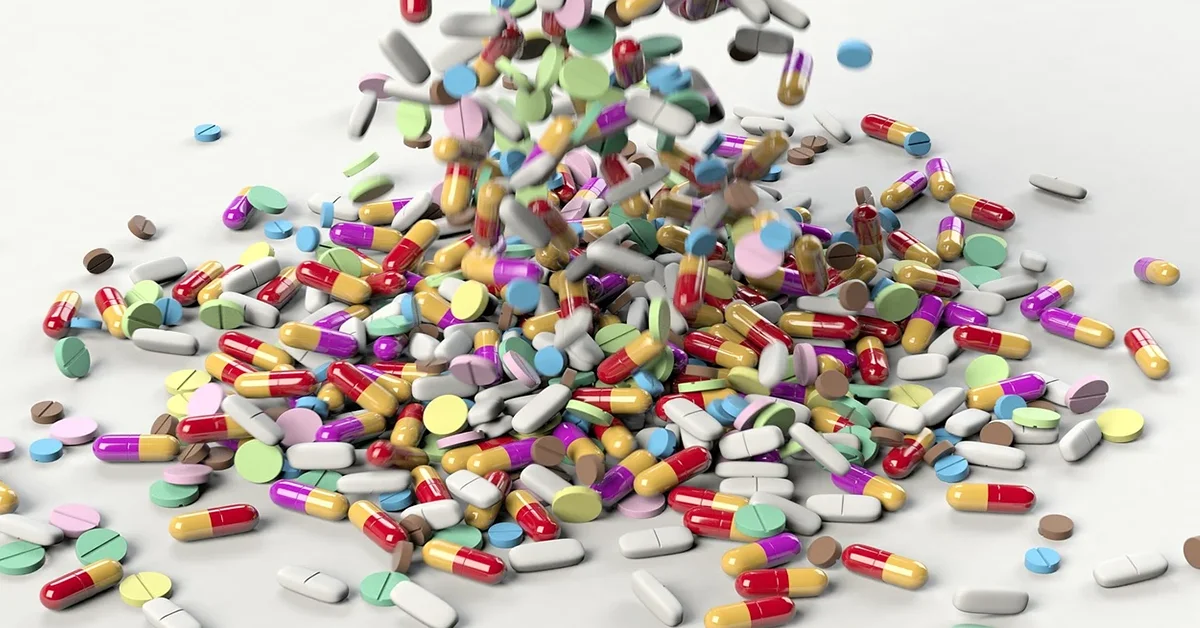Whether jet-setting for business or leisure, safeguarding your well-being abroad necessitates prudent preparation, including the inclusion of essential medications in your travel arsenal.
The Significance of a Travel First Aid Kit
International travel presents a myriad of experiences, from bustling cityscapes to serene natural landscapes, each with its own set of challenges and potential health hazards. Whether attending a conference on short notice or embarking on a long-awaited vacation with loved ones, the unpredictability of one’s health cannot be overstated. Factors such as climate variations, dietary changes, and exposure to unfamiliar pathogens can all contribute to health-related discomforts while abroad. Therefore, conscientiously packing a well-equipped travel first aid kit becomes imperative to mitigate potential health disruptions and ensure a seamless travel experience.
A properly stocked emergency medical kit serves as a safeguard against minor health ailments and can salvage an otherwise meticulously planned vacation from unforeseen health setbacks. A comprehensive travel first aid kit typically comprises a portable assortment of essential medications, including remedies for gastrointestinal issues, allergies, pain relief, cold and flu symptoms, as well as basic wound care supplies. Not only does such a kit provide immediate relief in the event of minor health emergencies, but it also serves as a cost-effective alternative to seeking medical assistance for self-manageable conditions. However, it’s paramount to prioritize health and supplement your first aid kit with adequate travel insurance coverage, encompassing provisions for hospitalization and other unforeseen medical expenses.
Packing Considerations for Your International Medical Kit
As seasoned travelers can attest, no two journeys are alike, each presenting a unique set of circumstances dictated by factors such as destination, climate, activities, and personal health considerations. Consequently, tailoring your travel first aid kit to suit the specific requirements of your trip becomes essential. Here are key considerations to factor in while packing your medical kit for international travel:
- Activities Planned: Whether embarking on a hiking expedition, engaging in water sports, or simply exploring urban landscapes, the nature of your planned activities will dictate the inclusion of specialized medical supplies such as pain relief patches, support bandages, or oral rehydration solutions (ORS).
- Destination Characteristics: The accessibility of medical facilities varies widely across destinations, with metropolitan areas boasting comprehensive healthcare amenities, while remote locales may pose challenges in accessing medical care. Hence, consider the busyness or remoteness of your destination when selecting medical supplies.
- Personal Health History: Individuals with pre-existing health conditions such as diabetes, asthma, or allergies may require specialized medications or medical devices to manage their health while abroad. Ensure an ample supply of prescription medications and carry a doctor’s letter detailing your medical history and treatment regimen.
- Dietary Restrictions: Travelers adhering to specific dietary restrictions or managing chronic conditions such as irritable bowel syndrome (IBS) or lactose intolerance should pack necessary medications or digestive aids to manage their dietary needs effectively.
- Geographical Health Risks: Assess the prevalent health risks and recommended precautions at your destination, including endemic diseases, insect-borne illnesses, or waterborne infections. Pack preventive measures such as insect repellents, sunscreen, and water purification tablets accordingly.
Comprehensive Travel First Aid Kit Checklist
Drawing upon the diverse needs of travelers, here’s a comprehensive checklist of essential medications and medical supplies to include in your international travel first aid kit:
- Common Medical Supplies:
- Antacids
- Anti-diarrheal medications
- Antihistamines (for allergies)
- Motion sickness remedies
- Cough drops
- Pain relievers (e.g., aspirin, paracetamol, ibuprofen)
- Mild laxatives
- Decongestants
- Prescription Medications:
- Ongoing prescription medications
- Antibiotics for traveler’s diarrhea (if prescribed)
- Insulin or other diabetes medications (if applicable)
- Preventative Medical Supplies:
- Hand sanitizers
- Insect repellents
- Sunscreen
- Water purification tablets
- First-Aid Supplies:
- Antibacterial ointments
- Cotton swabs
- Sterile bandages
- Oral rehydration salts (ORS)
- Antiseptic wound cleanser
- Insect bite cream or hydrocortisone cream
- Tweezers
- Sterile eye dressings
- Crepe rolled bandages
- Medical tape and safety pins
- Specialized Devices:
- Portable water filter (for remote areas)
- Thermometer
- Glucometer (for diabetics)
- Asthma inhalers (for asthmatics)
It’s advisable to confirm the legality and handling requirements of any specialized medical devices with your airline and destination country prior to travel.
Documentation Requirements and Medication Availability Overseas
Ensuring seamless access to essential medications while abroad necessitates careful consideration of local regulations and prescription drug availability. While many countries permit the purchase of over-the-counter medications without a prescription, others enforce stringent drug control measures requiring a physician’s prescription for certain medications.
To mitigate potential medication-related challenges overseas, travelers should adhere to the following guidelines:
- Carry Adequate Supplies: Ensure you pack a sufficient quantity of prescription medications to last the duration of your trip, accounting for potential delays or unforeseen circumstances.
- Maintain Original Packaging: Prescription medications should be retained in their original packaging to facilitate identification during security screenings and customs checks. Additionally, carrying a doctor’s letter detailing the name, dosage, and purpose of each medication can expedite clearance procedures.
- Research Destination Regulations: Familiarize yourself with the medication regulations of your destination country, including any restrictions on specific drugs or quantities permitted for personal use. Consult the embassy or consulate of the destination country for up-to-date information on medication importation requirements.
- Seek Alternative Medications: In the event of depleted medication supplies or unforeseen medical needs abroad, consult a licensed healthcare provider or local pharmacist to explore alternative medication options. Be prepared to provide details of your medical condition and existing treatment regimen to facilitate informed recommendations.
- Exercise Caution with Counterfeit Medications: Exercise caution when purchasing medications abroad, particularly in non-English-speaking countries where counterfeit medications may be prevalent. Whenever possible, procure medications from reputable pharmacies or healthcare providers to minimize the risk of counterfeit products.




